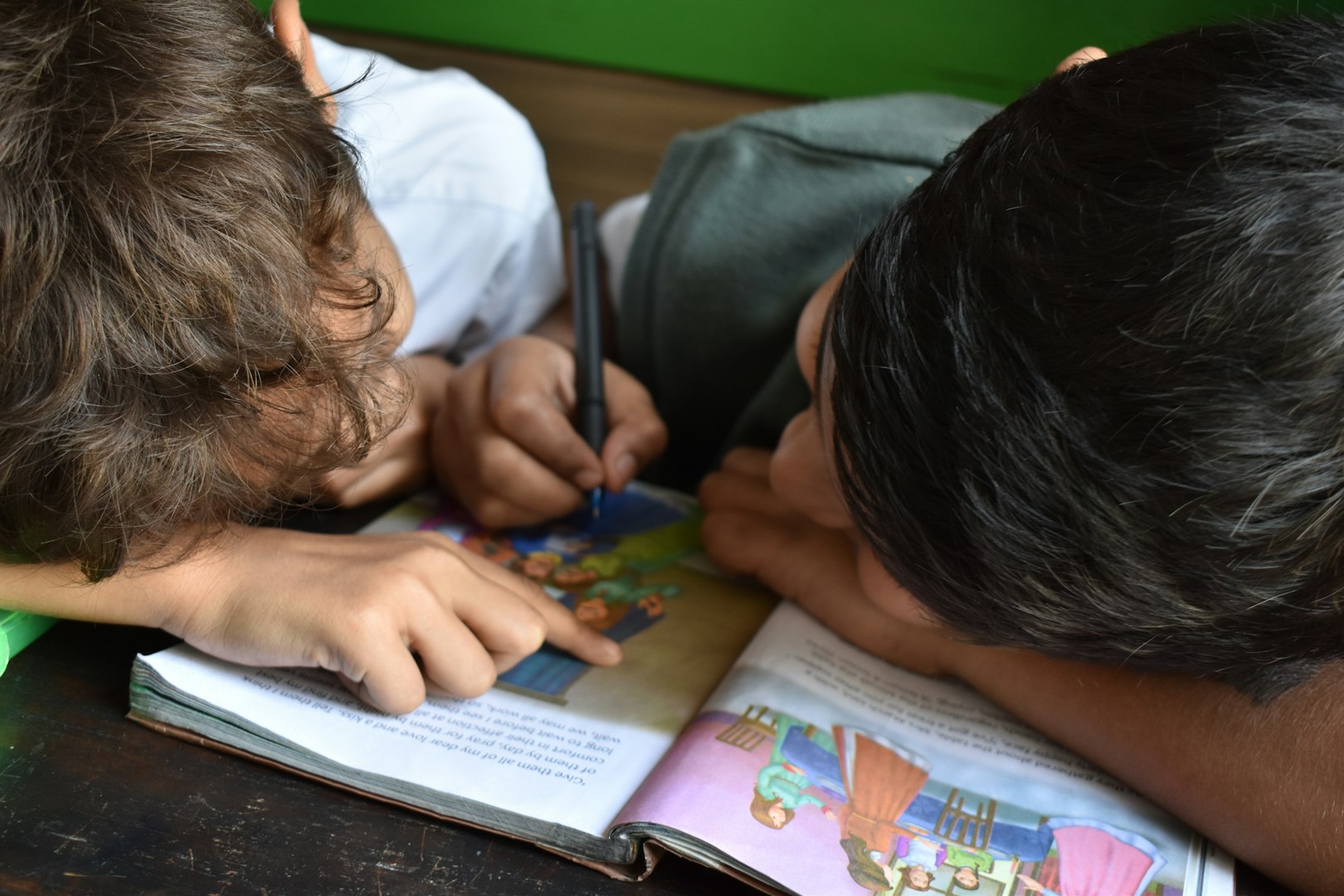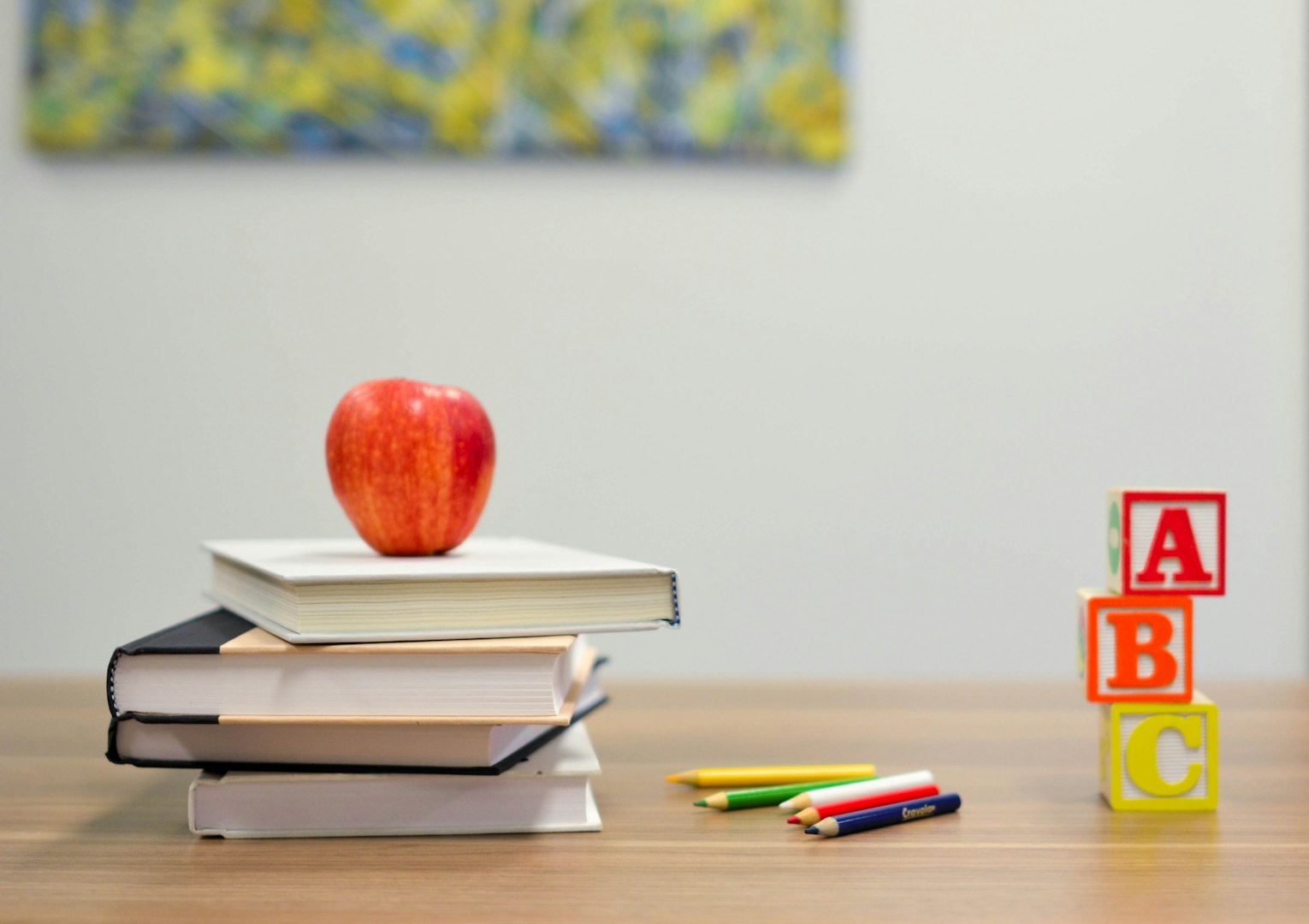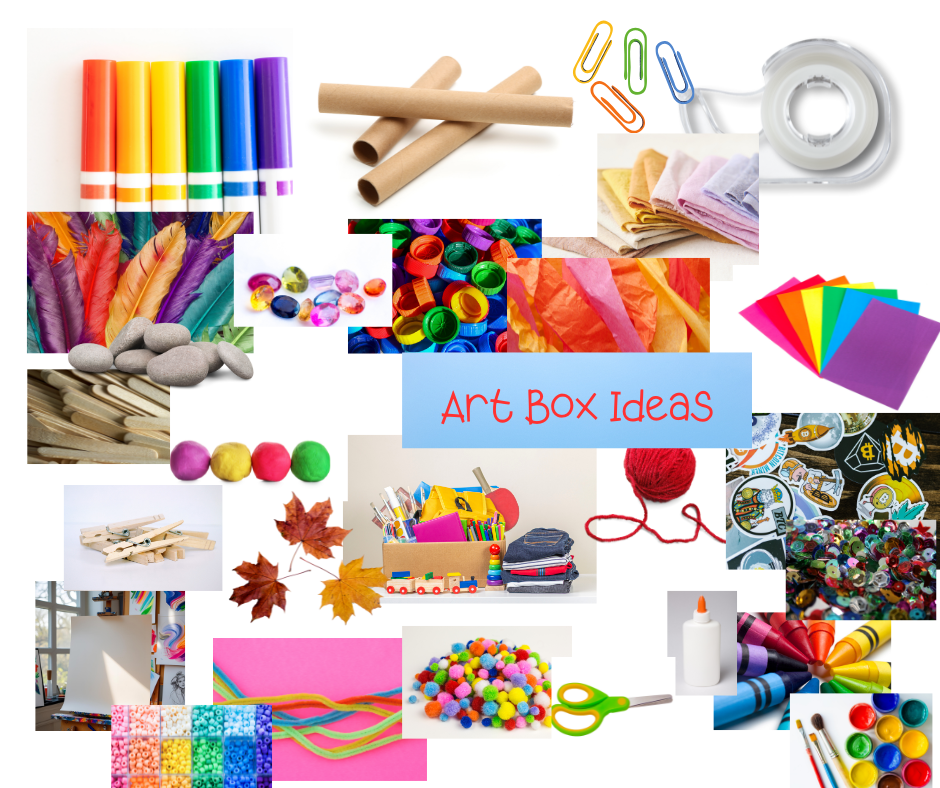The Most Important Kindergarten Readiness Skill

It's not knowing the alphabet, its not knowing how to count, it's not knowing how to write her name. Social emotional skills are key for school success.
Kindergarten teachers agree that "knowing letters and numbers is helpful, for sure, but based on our understanding of early brain development, the skills that are most important for success in school — and in life — are things like communication, problem solving and working well with others. These skills start developing from birth and throughout their first five years, when a child’s brain grows faster than at any other time in life. Kids keep learning and developing in later years, too, but early childhood lays the foundation for their future learning." -First Things First.com

How Can You Help Your Child Develop
Social-Emotional Skills?
https://thoughtfulparent.com/social-emotional-development
very well mind

Kindergarten Readiness Assessment for Parents
Social Skills
Shares and takes turns : Can your child share toys or materials with others and wait for their turn during activities? Plays cooperatively : Does your child engage in play with peers, such as building together or participating in group games? Follows simple rules : Can your child understand and follow basic instructions or rules during games or daily routines? Interacts positively : Does your child approach other children or adults comfortably to talk or join activities? Resolves minor conflicts : Can your child use words to express needs or solve small disagreements, like sharing a toy?
Emotional Skills
Expresses feelings : Can your child name emotions (e.g., happy, sad, angry) and express them appropriately? Manages emotions : Does your child calm down after being upset with minimal adult help (e.g., after a disappointment)? Shows independence : Can your child handle small tasks alone, like putting on shoes or cleaning up toys? Adapts to changes : Does your child adjust to new routines or environments, like going to a new place, with reasonable ease? Shows confidence : Is your child willing to try new activities or tasks, even if they’re challenging?
Tips for Parents
Practice at home : Encourage turn-taking, sharing, and naming emotions during play or daily routines. Model behaviors : Show how to handle frustration or conflicts calmly and respectfully. Read together : Use books about starting school to discuss feelings and expectations. Visit the school : Familiarize your child with the school environment before the first day. Talk positively : Highlight the fun of making friends and learning new things in kindergarten.
Come See How The Peach Tree Can Help You Develop You Child's Social and Emotional Skills!

Make an Art Box
Summer boredom setting in?
Try this engaging and creative indoor activity!

Gather supplies like paper, markers, tape, bottle caps, toilet paper tubes, just random things you find around the house. Let your child experiment and create with the "new" art supplies in the box.
Tips:
Set a timer for 10 minutes, it can take a bit for your child to get an idea of what to create.
Walk away and let your child choose what to create and how to create it. Or, sit along side and create your own masterpiece to spark ideas.
Don't try to control the process.
Cover the table with a vinyl table cloth fuzzy side up. The fuzzy side will soak up paint and make clean up easier!
Display your child's creation!